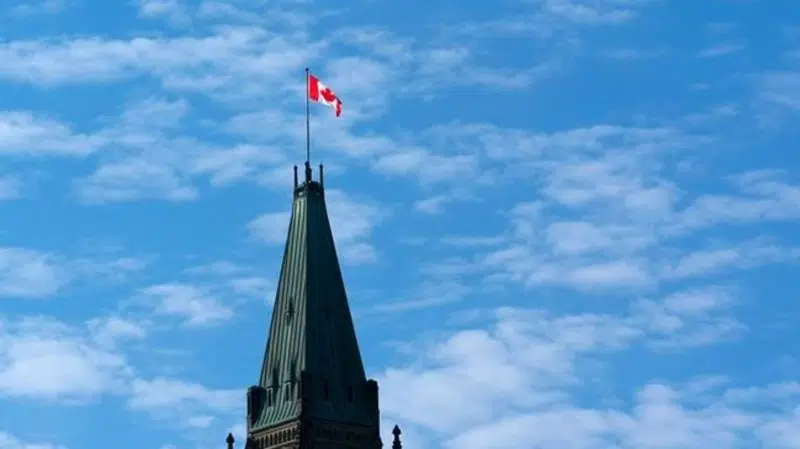
Manitoba First Nation loses court bid for continued flood evacuation benefits
WINNIPEG — A Manitoba First Nation has lost its bid to have Ottawa continue paying evacuation benefits to people forced from their homes by flooding in 2011.
Lake St. Martin First Nation was seeking an injunction of a decision to cut off benefits for evacuees who still do not have homes in the Indigenous community.
“The LSM (Lake St. Martin First Nation) cannot succeed because it has failed to meet its burden of establishing irreparable harm,” Federal Court Justice Cecily Strickland wrote in a decision dated Jan. 29. “The motion is therefore denied.”
The First Nation said it had been told that benefits would be discontinued at the end of last month, although an extension was given until the end of January.
